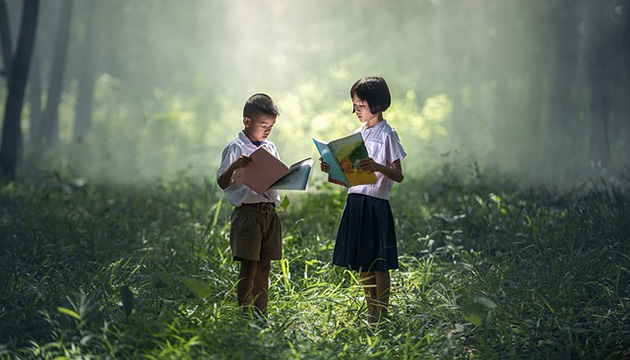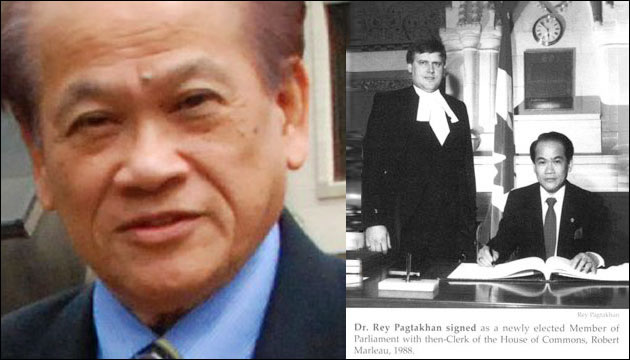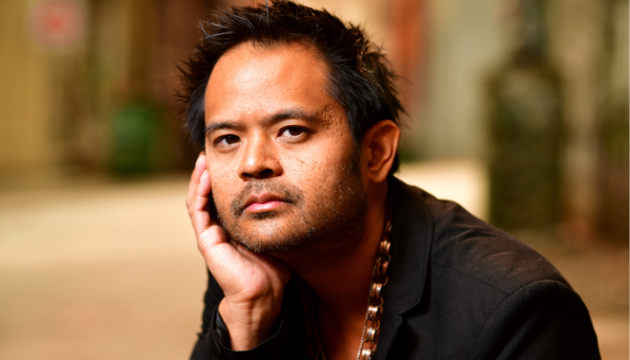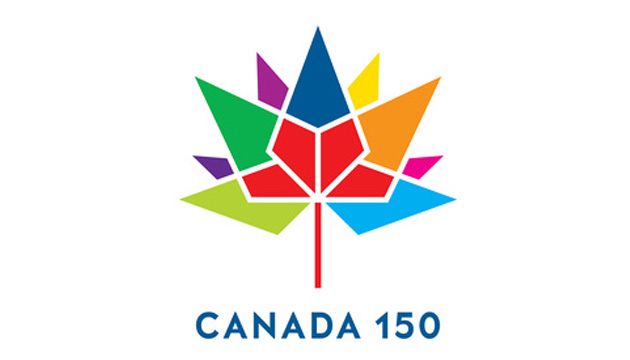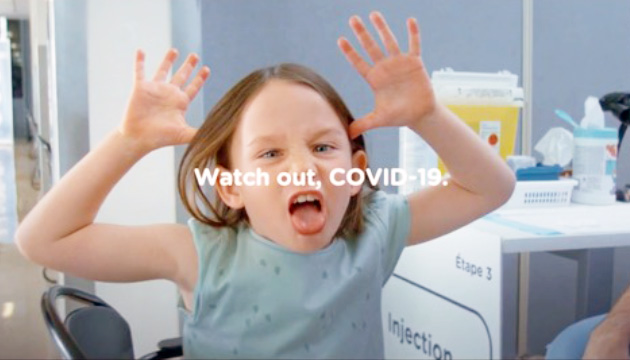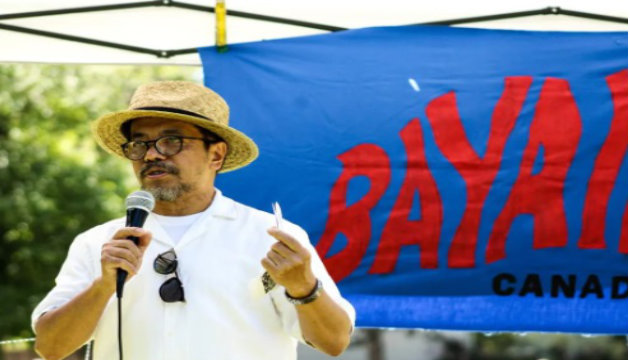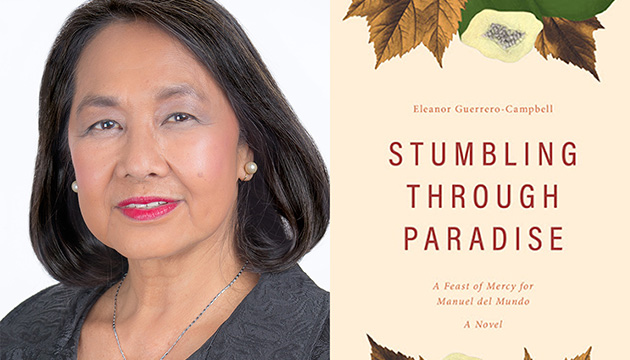Education is more than a luxury; it is a responsibility that society owes to itself: Robin Cook
The history of education parallels the history of life. As life becomes more and more intricate throughout history with the increase in the population and the discovery of new knowledge, education becomes more and more complex too and the demands on it increase tremendously and become manifold. To the credit of education, history reveals that education had always responded time and time again to the socio-cultural demands of the times.
From the time of the early Greeks through the important periods of history: early Greeks and Roman period, medieval, renaissance, scientific revolution to the present, education has played a stabilizing role on the one hand, and a catalyst of change on the other hand.
Education has been the vehicle for the transmission of what is good, beautiful and true about human beings and the world around them even during periods of crisis. This brings about stability and continuity. On the other hand, education has also been the vehicle for finding solutions to what ails society through research, in order to improve the quality of life and catalyze the creation of a new social order. Because of these twin functions of education, society has always looked to education throughout history as a vehicle of survival.
Criticisms on Education
And yet, education has not been totally successful in its effort to find solutions to the many ills of the world. During the last century, despite the reported advancement in education, there had been two world wars, the last one defined by the holocaust in Europe that killed millions of innocent Jews. Also, environmental degradation persists to be a major global problem. Critics point to the reality that despite of education, in many parts of the world, environmental degradation continues almost uncontrolled causing tragic consequences such as loss of lives and properties due to floods, toxic wastes, and soil erosion.
Moreover, there are other threats such as: poverty, infectious disease, inter-state war, civil war, atrocities such as human trafficking, illegal drugs, weapons of mass destruction, terrorism and transnational organized crime. All of these issues and concerns are challenges for education requiring urgent action to promote quality of human life.
Oftentimes, when education cannot respond fast enough to address these undesirable realities, some people fault education in the harshest terms possible. Their criticisms center on the failure of education to instill proper values among people. They point out that this failure is manifested not only in universal problems, but as also in day-to-day concerns such as traffic congestion, corruption in government, pollution, kidnappings, murder, theft, etc.
Faith in Education
Ironically, despite all these shortcomings, it seems that society in general, does not give up on education, which is a baffling but an encouraging phenomenon. Even the severest critics continue to hope that education will be able to train the young to insure that the future generations will possess the desirable values and will be able to create a better life for the people. It seems that for society in general, no institution can do this task better than the schools.
Events in the past suggest that there is almost a tacit agreement from various sectors of society to look to education every time society is in crisis. It seems that it is a conventional view and perhaps with good reasons, that education can and will respond to every crisis of humanity. This optimism is borne by experience. Every time humanity has undergone a critical period in history, education responds by first reflecting not only on the present but also on the past as a basis of curricular reforms for a desired better future.
The reforms that are developed are based on data and information brought about by research not only as an indication of its acceptance of its responsibility and accountability, but more so of its central role in the survival of humanity. To a large extent, this kind of response has enabled societies to come out wiser and more rational after the many crises they had undergone brought about by natural and man-made causes.
Many significant milestones in human history came about through the effort of dedicated and enlightened individuals who were products of the school system. These individuals were able to crystallize their views regarding new ideas about liberty and human rights in institutions of learning during the renaissance period. These ideas in turn served as the inspiration and impetus to spearhead movements that resulted in historic and momentous changes that changed the course of world history starting in the 17th century. Some of these milestones include the abolition of many global policies and practices of injustice such as slavery, racial segregation, gender inequality, and religious discrimination among others.
As a consequence of the many positive developments that happened largely because of the effort of the educational sector to instill the proper values among the youth, humanity has survived natural tragedies such as devastating earthquakes and volcanic eruptions as well as human activities that caused plagues, wars and injustices to both humans and nature largely due to greed and ignorance, and has come out stronger and in possession of greater wisdom. This is a phenomenon that excites, challenges, and sometimes even intimidates educators.
Thus, despite what the critics articulate as the failures of education, many are still putting their faith in education as a major vehicle to a better society. This is the tacit message when families and communities send their children to school and collaborate with teachers and administrators in the effort of the latter to provide education to the youth. In response, the educational sector commits itself to this task that focuses on the training of the young to become moral and competent citizens.
Watch for Part 2 on September 16: The Promise of Education as an Equalizer in the Philippines


